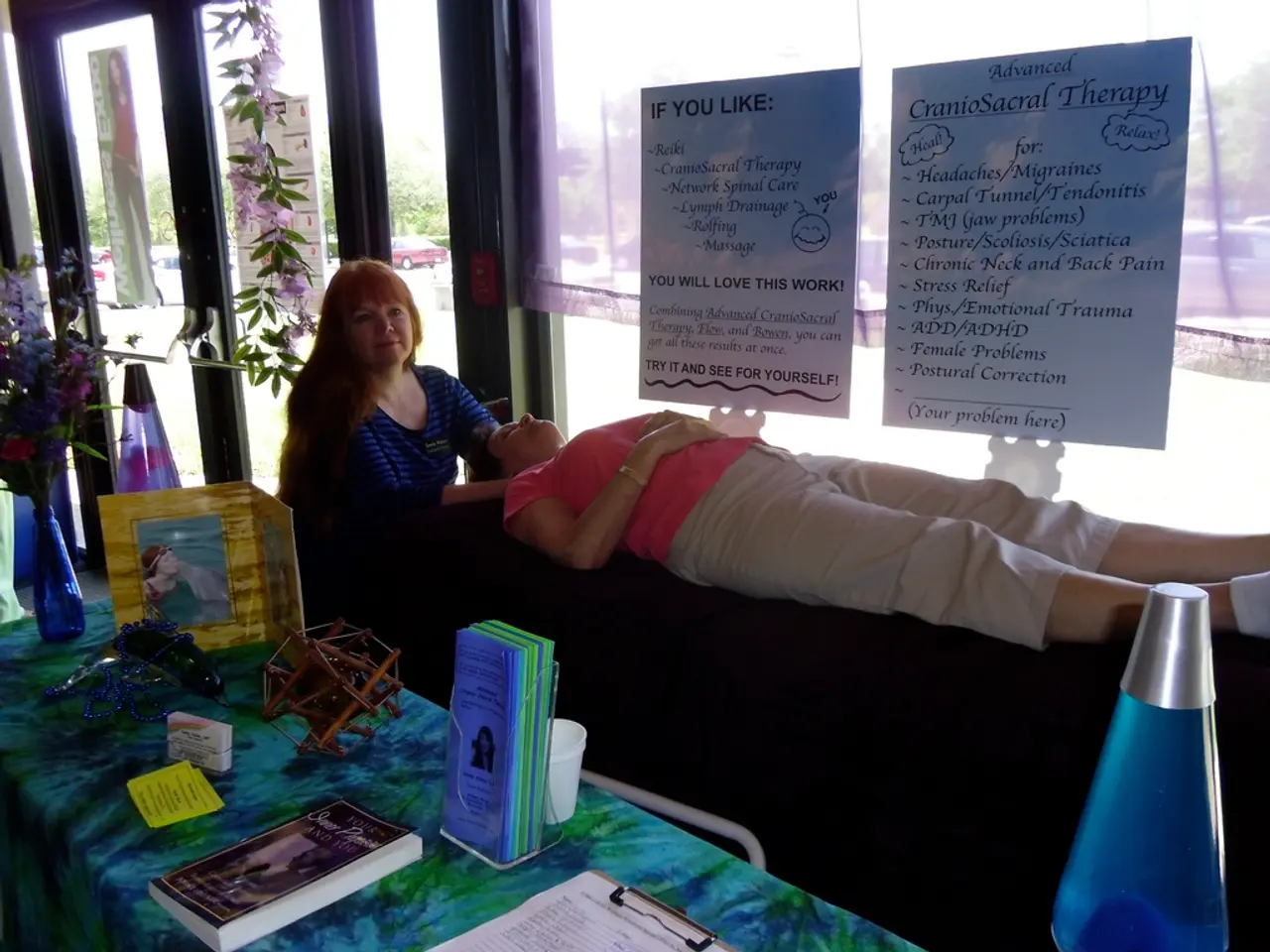Managing Emotional Aftermath Following a Motor Vehicle Collision
Car Accident Trauma: Navigating the Emotional Healing Journey
A car accident's impact can extend beyond physical harm, leaving a lasting emotional toll. Experience fear, anxiety, and even post-traumatic stress disorder (PTSD) are normal reactions to such incidents. This guide focuses on managing emotional trauma and aiding your healing process.
Identifying Emotional Trauma
After an accident, it's essential to acknowledge and recognize any emotional turmoil. Common symptoms of emotional trauma include:
- Recurring dreams or flashbacks about the crash
- Persistent feelings of restlessness or edginess
- Difficulty concentrating or sleeping
- Irritability, increased sensitivity to noise, or being easily startled
- Overwhelming feelings of guilt or shame
- Sense of detachment or numbness
If you're experiencing any of these symptoms, seeking professional assistance is crucial to support your healing journey.
Seeking Expert Guidance
Navigating emotional trauma can feel overwhelming. Seeking the help of experts is an integral part of your recovery. Look for therapists specializing in trauma, who can offer you tools and support to navigate your feelings.
Alongside therapy, consult with a car accident chiropractor to address any physical injuries that may contribute to your emotional distress. Chiropractic care emphasizes the alignment of the musculoskeletal system and can help alleviate pain and encourage overall healing.
Chiropractic care introduces manual adjustments, therapeutic exercises, and various treatments to restore balance in your body and reduce physical symptoms that may exacerbate your emotional trauma.
Self-Care Practices
Caring for yourself is vital during the healing process. Adopt the following self-care strategies:
- Deep breathing exercises or meditation to alleviate stress and anxiety
- Regular physical activity, such as yoga or walking, to release tensions and promote a positive mood
- Prioritizing quality sleep to support overall well-being
- Surrounding yourself with supportive and understanding loved ones
- Engaging in activities that bring joy and serve as distractions from negative thoughts
- Considering joining a support group with individuals who have undergone similar experiences
Managing Triggers
Triggers are stimuli that can evoke vivid memories or emotions from the accident. Learning to cope with triggers is crucial in your healing journey. Here are some strategies to help:
- Avoiding situations or places that trigger emotional trauma whenever feasible
- Employing grounding techniques, like deep breathing or focusing on the present moment, during trigger episodes
- Considering exposure therapy, a treatment method that gradually exposes you to your triggers in a secure and controlled setting
- Establishing a toolkit of coping mechanisms, like journaling, drawing, or listening to music, for when triggers arise
Developing Resilience
Emotional trauma can provoke personal growth and resilience. Here's how to bolster your resilience:
- Practicing self-compassion and self-care
- Setting realistic goals and celebrating small achievements along the way
- Seeking support from loved ones or joining a support group
- Engaging in activities that promote relaxation and stress reduction, like meditation or mindfulness
- Challenging negative thoughts and reframing them in a positive and realistic light
- Focusing on your strengths and cultivating gratitude for the positive aspects in your life
Final Thoughts
Emotional healing after a car accident requires patience, self-care, and professional assistance. By seeking expert guidance, practicing self-care, managing triggers, and fostering resilience, you can navigate through emotional trauma and emerge stronger on the other side.
Engaging in fitness-and-exercise, such as yoga or walking, can help release tensions and promote a positive mood during the emotional healing process.
Regular sleep, prioritizing health-and-wellness, and considering CBD products can aid in reducing stress levels and improving mental health, which may contribute to emotional healing.
Several therapies-and-treatments, like exposure therapy, can help individuals cope with triggers caused by the car accident trauma.
A balanced diet rich in nutrition can provide essential vitamins and minerals that support overall well-being and resilience during the emotional healing journey.








